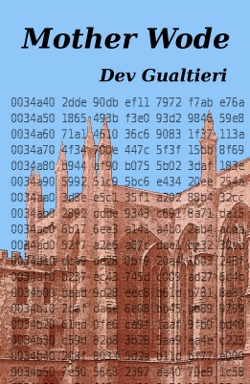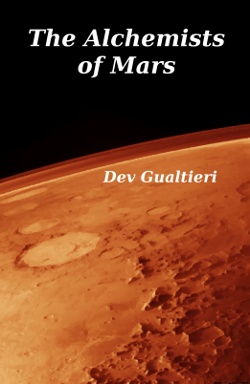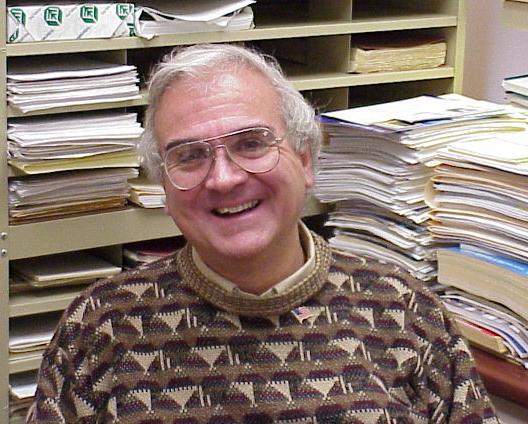
 | Mother Wode |
|
Mother Wode is a novel set in the near future. The year is not explicitly stated, but the time period has many elements similar to the first decade of the twenty-first century, intermixed with an extrapolated future. Computers are much faster than today's computers, but computer scientists and computer programmers behave about the same. Also very similar to their present day counterparts are the corporate and academic cultures in which these people work. The human condition has not changed much through the years. Love, and the desire for a secure lifestyle, are still prime motivators. There may be people routinely working on the moon, but there are still bad guys back on Earth, and everyone would like more money. A corporate computer scientist, a computer science graduate student and a computer hacker stumble upon evidence of a conspiracy to control worldwide financial transactions. Their curiosity fuels their attempt to discover the source and purpose of this conspiracy. |
 | The Alchemists of Mars |
|
The Alchemists of Mars is a novel set in the present. The year is not explicitly stated, but the time period could be any time in the first two decades of the twenty-first century. A reconnaissance satellite discovers a hot spot in Valles Marineris in the Tharsis region of Mars. Back on Earth, archaeologists are investigating another hot spot, a thousand year old man-made underground radioactive source in Germany. The Martian hot spot is found to have signs of human habitation, and there appears to be a link between it and the archaeological site on Earth. |
 |
Dev Gualtieri received his PhD in 1974 and had a thirty-five year research career in physics and materials science. He is listed as an inventor on more than thirty US patents, and on numerous international patents. His eclectic research interests included superconductivity, chemical thermodynamics, magnetism, electronics and computer science. At one time, he was an internationally recognized expert in crystal growth. |
| Dr. Gualtieri is now retired, and he resides in Northern New Jersey with his wife Anne. They have a son and daughter who reside with their spouses in Pennsylvania. |